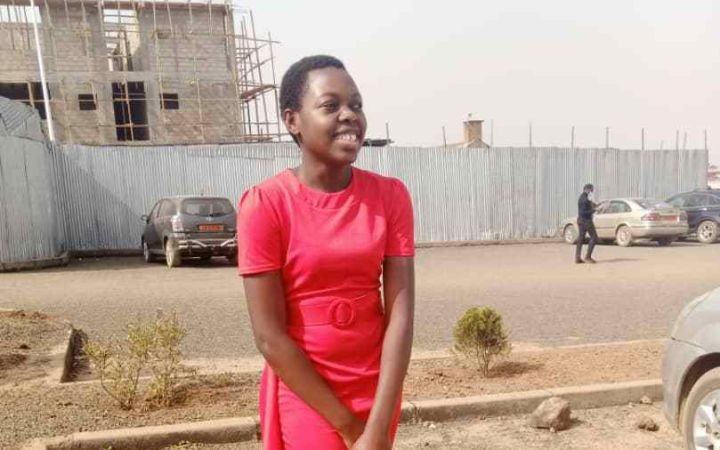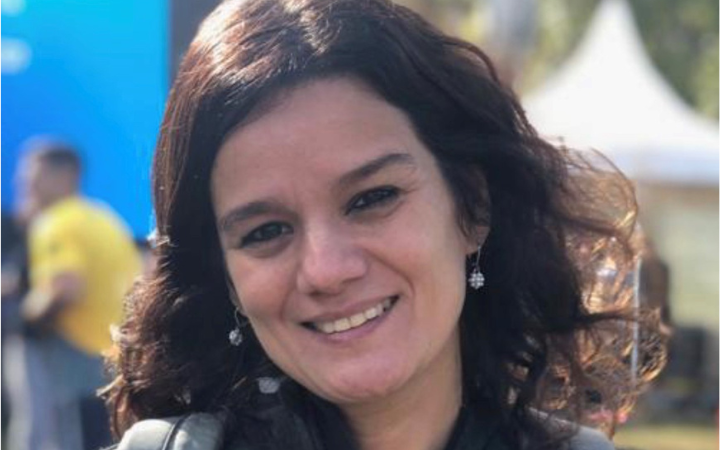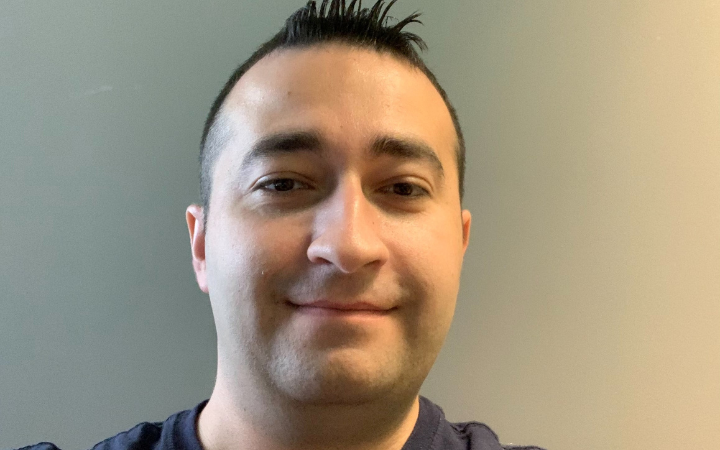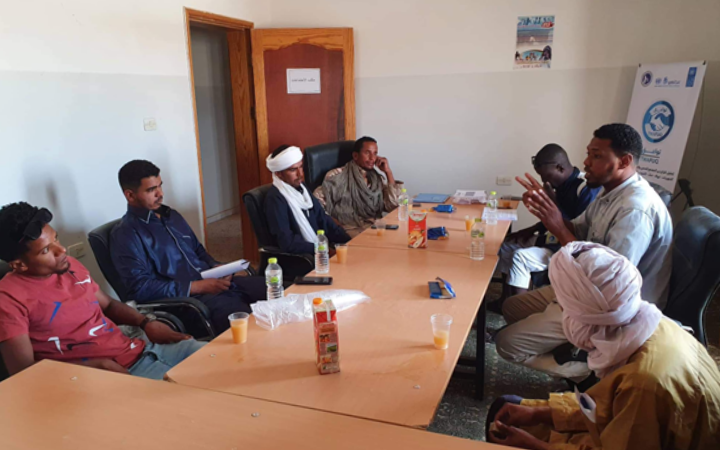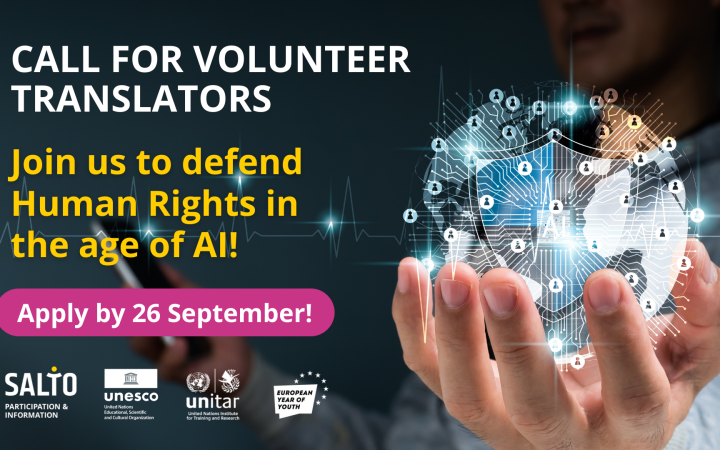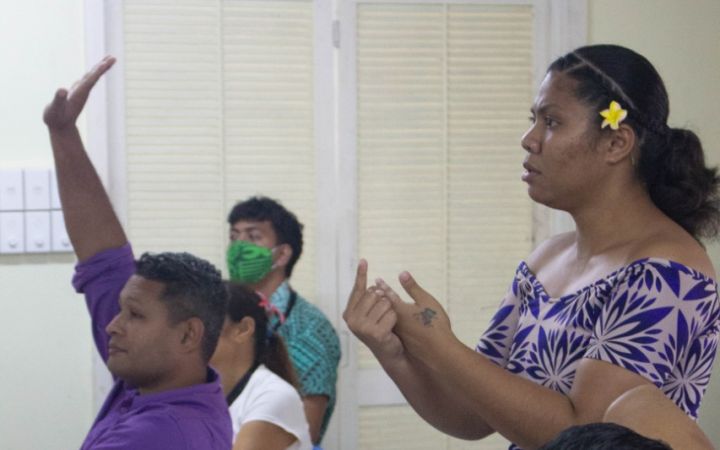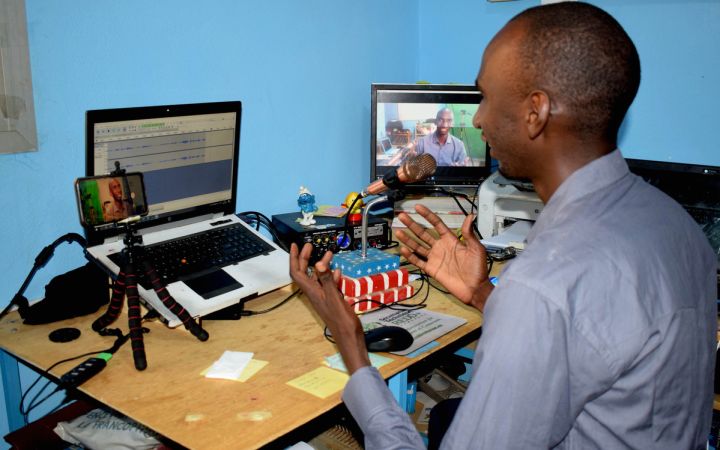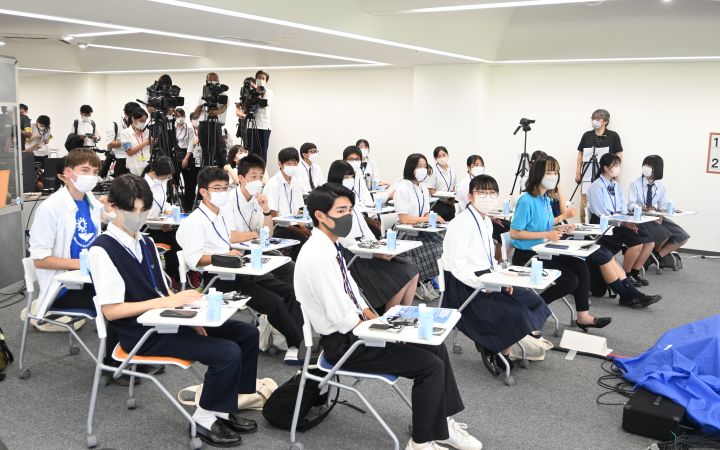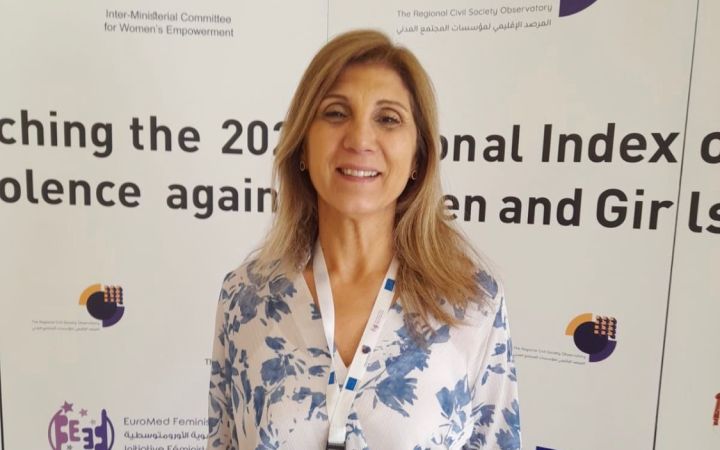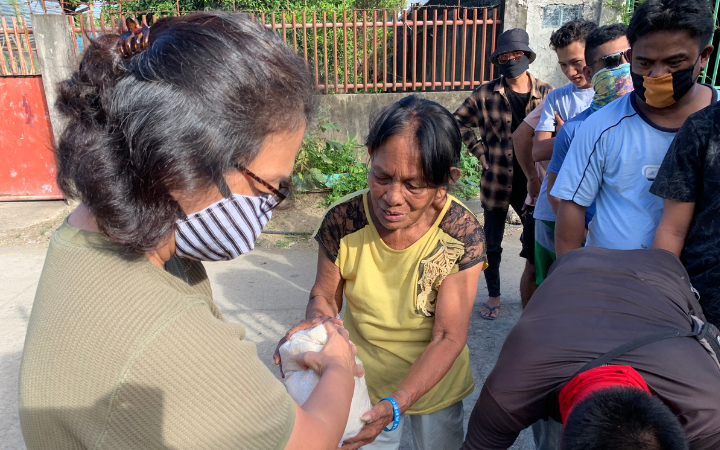Displaying 161 - 170 of 294
October 2022, Hiroshima, Japan – What happens when disasters strike amid conflict? “No one anticipates or wishes for a war or an epidemic but having a prepared [disaster risk reduction] mindset, will considerably reduce the risk of a disaster,” says Marie-Claire Tohnain, who is studying to be a medical doctor in Cameroon.
“I had a series of ‘awakenings’ throughout my life”, reveals Bárbara A. Smith straightaway. One of the most impactful was when she scuba dived for the very first time. “When we submerged, I discovered a myriad of colours in the corals, an unbelievable variety of fishes, sea turtles, and immense peace. It was as if I found ‘another world within ours’. I cannot put in words what it feels like to discover such an environment for the very first time, but I believe it must be a very similar experience to being in outer space.”
"Even though we have traffic lights, cameras, signs and enough space for everyone, there is always an element of surprise. We can redesign things to predict those risks, but everything comes back to outreach and education. This course focuses on that."
The Stabilization Facility for Libya (SFL) project aims to bridge Libya’s period of transition from an initial humanitarian relief towards mid- and long-term structural and sector-specific support after the 2011 revolution by strengthening national unity and reinforcing state authorities.
October 2022, Hiroshima, Japan – Multilingualism is especially relevant for the United Nations and our partners as we work to bring course content to communities across the globe. The languages used determines which communities have access to knowledge. With that in mind, efforts to expand the languages available for online course content are under way, with the help of multilingual youth.
September 2022, Hiroshima, Japan – So much of the world’s information is available through reading, speaking or listening. But what if those channels aren't available to you? What if the language you use isn’t spoken or written?
September 2022, Hiroshima, Japan – Language is a powerful tool to express, communicate, and convey messages, and in our case, deliver training programmes. By offering programmes in several languages, UNITAR seeks to empower a wider audience to address topics such as social entrepreneurship, peace, finance and trade, digital futures, disaster risk reduction, women’s empowerment and more.
September 2022, Hiroshima, Japan – On 6 August 2022, the 77th anniversary of the Hiroshima atomic bombing, Secretary-General António Guterres met with young activists from across Japan for a frank dialogue on nuclear disarmament and non-proliferation. The discussion made an indelible impression on other Japanese youth who were there.
September 2022, Hiroshima, Japan – Joumana El Halabi has been working to promote gender equality and women’s empowerment since 2013. She believes that advancing gender equality and women’s empowerment in Lebanon is hampered by cultural, social and economic values, limited resources and the lack interest among policymakers. Matters have become even more difficult in recent years as the country grapples with an acute economic crisis, significant influx of Syrian refuges (1.5 million people according to UNHCR), the COVID-19 pandemic and political instability.
Ladylyn also volunteers with women leaders in a local government unit to create awareness of DRR-related issues. Currently, she has participated in some meetings with the women’s group and she expects to dedicate more time to her volunteer work in the incoming months.


